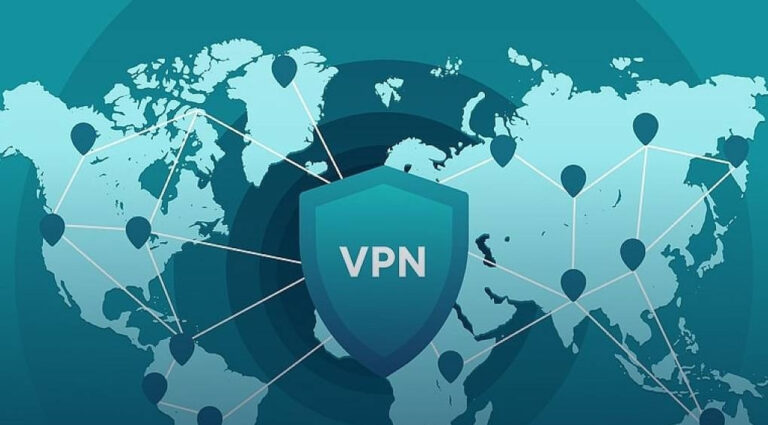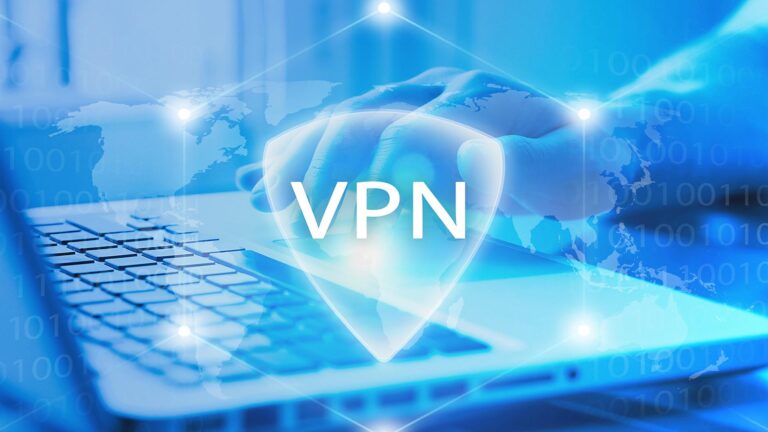Latest news for today in Ukraine
WASHINGTON (Reuters) – The U.S. government sees no loopholes in a new rule aimed at crimping global chip sales to China’s Huawei and will “aggressively” crack down on any bid to disobey the intent of the curb, Commerce Secretary Wilbur Ross said on Tuesday.
The rule, released in May, expands U.S. authority to require licenses for shipments of some foreign-made chips to the telecoms equipment giant. It was drafted after China hardliners in the administration became frustrated that Huawei’s blacklisting last year by the United States over national security concerns did not go far enough to cut off its access to global supplies.
But industry lawyers and some lawmakers see the rule as overly complex, unclear and riddled with gaps that some allege leave key transactions beyond the purview of the controls.
“The Department of Commerce does not see any loopholes in this rule,” Ross said in a statement to Reuters. “We reaffirm that we will implement the rule aggressively and pursue any attempt to evade its intent.”
The statement comes after Reuters reported that the Commerce Department sent a letter to some semiconductor designers and producers this month to shed more light on the rule. But industry lawyers said the guidance provided little clarity.
The “Department of Commerce would like to alert you to a recent amendment to the U.S. Export Administration Regulations … that may affect business that you may conduct with the HiSilicon, Huawei Technologies, and other Huawei affiliates,” Matthew Borman, a Commerce Department official, wrote in the letter dated June 16.
Commerce declined to comment on the letter.
HiSilicon is the chip arm of Huawei, whose placement on a U.S. blacklist last year forced some suppliers to seek licenses before shipping to it.
The United States alleges that the Chinese government could use Huawei’s equipment for espionage, which Huawei denies.
Trade lawyer Doug Jacobson said the June 16 letter “translates the legalese into plain English,” but said it “doesn’t really shed any new light.”
And light is needed, according to another industry source who described the rule as “not written that well. There are loopholes and walkarounds and exit ramps legally,” he said.
The new rule expands U.S. authority to require licenses for sales to Huawei of semiconductors designed by the company and made abroad with U.S. equipment. It also requires companies to seek U.S. licenses if they knowingly sell to Huawei foreign-made items developed by the company using certain U.S. technology and software.
Source:www.reuters.com



